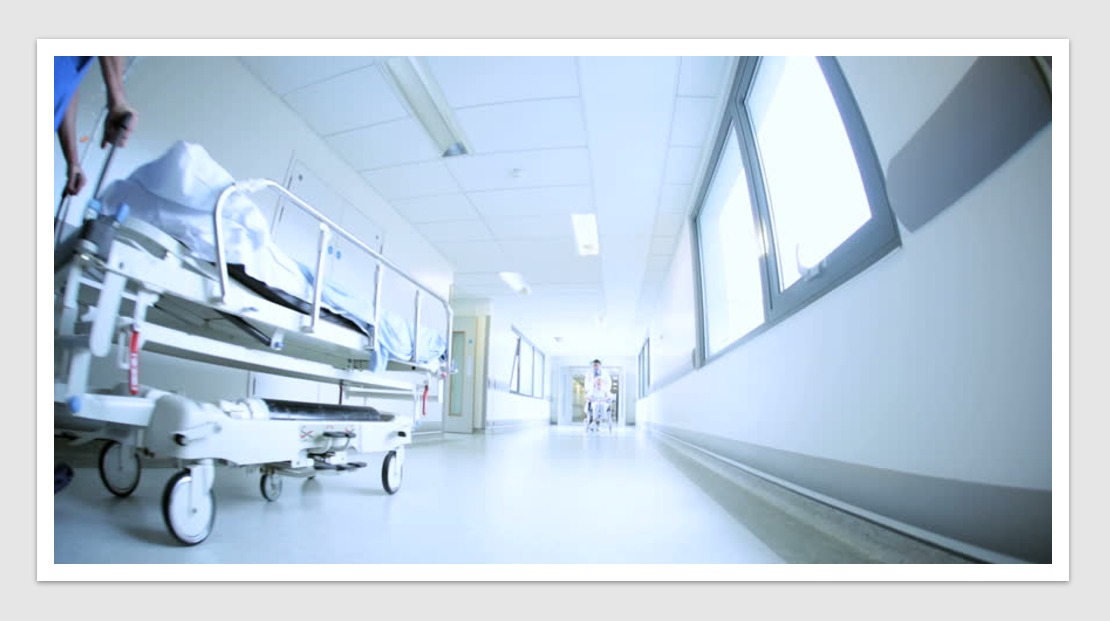News & Trends - MedTech & Diagnostics
Stakeholder resistance drives TGA to assess next steps for medtech adverse event reporting

MedTech News: The Therapeutic Goods Administration’s (TGA) plan to require healthcare facilities (HCFs) to report adverse events (AEs) linked to medical devices has run into opposition from organisations including the Medical Technology Association of Australia (MTAA), Healthscope and the Royal Australasian College of Surgeons’ (RACS).
While some of the respondents to a recent consultation about the proposal were in favour of mandatory reporting, TGA is taking another look, based on “valid concerns and issues” raised during the consultation.
“It is evident that if mandatory reporting were to be introduced, work would need to be undertaken within healthcare facilities, their existing systems, and information collection points to facilitate accurate and timely reporting. Additional work would also be needed to increase awareness of the scope of benefits of mandatory reporting, including through education and communication materials,” TGA said.
TGA will work with the Australian Commission on Safety and Quality in Health Care (ACSQHC), state and territory health departments, and private and day hospitals going forward. ACSQHC is willing to take the lead on establishing “mandatory reporting within the existing frameworks for hospital quality assurance and accreditation processes” to minimise additional regulatory burdens, TGA said.
The rethink follows feedback from organisations including MTAA, which said it was “generally supportive of any initiative that increases awareness and reporting of AEs,” but did not support mandatory reporting by healthcare facilities.
“We do not support mandatory reporting by HCFs to TGA. Mandatory reporting by HCFs will lead to unintended impacts and consequences. Multiple sources of AE reporting will pose a challenge to match cases with those already reported directly to sponsors. This is especially difficult when there is insufficient information provided in the report and/or when reporter details are marked as confidential,” according to MTAA.
You may also like: Gender equity essential for healthcare innovation, says J&J senior leader
Healthscope, operating 42 hospitals across Australia, also did not support the introduction of mandatory reporting for healthcare facilities on device-related adverse events.
“Mandatory reporting by healthcare facilities is not commonly required around the world and is not necessarily best practice. It is not the most efficient way to address adverse events caused by medical devices and will add unnecessary administrative and financial burden to healthcare facilities,” Healthscope said.
Healthscope seeks that the onus should be on manufacturers and suppliers to report these where necessary to the TGA as they need to be “better informed” on the “outcomes and adverse events resulting from their product.”
The RACS view was that healthcare facilities should be required to report certain pre-determined serious device-related adverse events. This is because in many cases, only the users of medical devices will be aware of adverse events, particularly non-fatal adverse events. However, RACS was clear that the threshold for reporting and the administrative activities needed to make a report should not make reporting burdensome upon practice.
RACS also argued that funding or other support should be provided to
ensure facilities have the capacity to fulfil reporting requirements and that
practitioners, in the absence of gross negligence should be indemnified to encourage disclosure of all relevant adverse medical device events.
MTAA is also in agreement to ensure the accuracy of the data and that all pertinent information is submitted to the TGA, reducing the need for the agency to send questionnaire letters or requests for information. MTAA wants TGA to consider ways to strengthen this system, such as a sponsor inspection program and investment in the education of HCFs about reporting directly to sponsors.
News & Trends - MedTech & Diagnostics

Bariatric surgery trumps Novo Nordisk’s Wegovy in cost-effectiveness and durability
MedTech & Diagnostics News: Bariatric surgery emerges as cost-effective, boasting superior and enduring weight loss outcomes over a five-year span […]
MoreNews & Trends - Pharmaceuticals

Aussie digital health company hits new milestone in AstraZeneca partnership
Pharma News: Fewer than 50% of asthma patients adhere to their prescribed preventative medications. An Australian digital health company has […]
MoreDigital & Innovation

Medical drone to reduce health equity gaps in rural and remote Australia
A specialised medical drone which increases accessibility to essential health services such as pathology, medicines, and telehealth services in rural […]
More